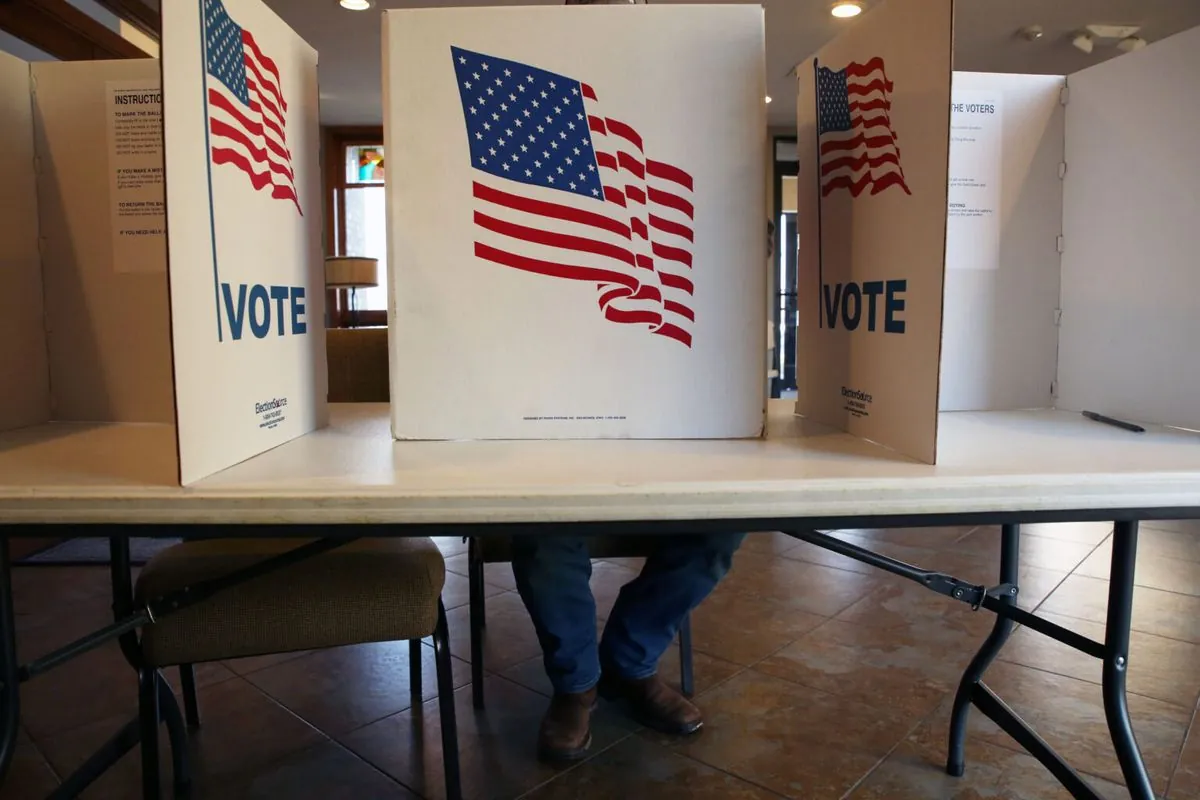Rushdie Attacker's Trial: Fatwa Motive Excluded, Bias Concerns Raised
Hadi Matar's trial for attacking Salman Rushdie set to begin. Prosecutor won't mention fatwa motive, while defense raises concerns about juror bias. Rushdie expected to testify early in proceedings.

The trial of Hadi Matar, the man accused of severely injuring renowned author Salman Rushdie in a knife attack, is set to commence on October 15, 2024, in Chautauqua County Court, New York. This case has drawn significant attention due to its connection to a decades-old controversy surrounding Rushdie's work.
Prosecutor Jason Schmidt has stated that the trial will not delve into the fatwa that allegedly motivated the attack. This decision stems from the fact that the incident was witnessed and recorded by a live audience at the Chautauqua Institution, where Rushdie was scheduled to speak. The Chautauqua Institution, founded in 1874, is a nonprofit education center and summer resort known for its annual lecture series.
Matar, 26, faces charges of attempted murder for allegedly stabbing Rushdie, 77, multiple times during the August 2022 incident. The attack resulted in Rushdie losing sight in one eye. A separate federal indictment has also charged Matar with terrorism, alleging his actions were an attempt to carry out a fatwa issued in 1989.

The defense, led by attorney Nathaniel Barone, has expressed concerns about potential juror bias. Barone emphasized the need for proper vetting of jurors, citing worries about prejudicial feelings in the community towards Matar, who is the son of Lebanese immigrants and practices Islam. The defense has also requested a change of venue, which is currently pending before an appellate court.
Judge David Foley acknowledged that it would be unrealistic to assume potential jurors have not heard about the fatwa through media coverage. As a result, the jury selection process will include questions designed to identify implicit bias.
Salman Rushdie, a British-American novelist born in India, has had a profound impact on literature. His novel "The Satanic Verses," published in 1988, sparked controversy and led to the issuance of the fatwa by Ayatollah Khomeini, then Supreme Leader of Iran. This decree forced Rushdie into hiding for years, but he gradually reemerged into public life in the late 1990s.
Throughout his career, Rushdie has authored 14 novels, including the Booker Prize-winning "Midnight's Children." He has been a vocal advocate for freedom of expression and served as president of PEN America from 2004 to 2006. In 2007, Rushdie was knighted for his services to literature, and in 2016, he became a United States citizen.
Rushdie is expected to testify early in Matar's trial. The author has recently published a memoir titled "Knife: Meditations After an Attempted Murder" in 2023, detailing the attack and his recovery process.
As the trial approaches, it remains to be seen how the court will balance the need for a fair trial with the complex historical and cultural context surrounding the case.
"We're not going there."
This statement refers to the decision not to introduce the fatwa as a motive during the trial, focusing instead on the direct evidence of the attack.


































